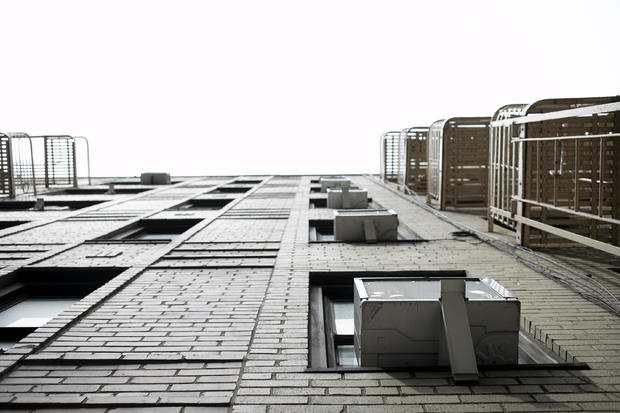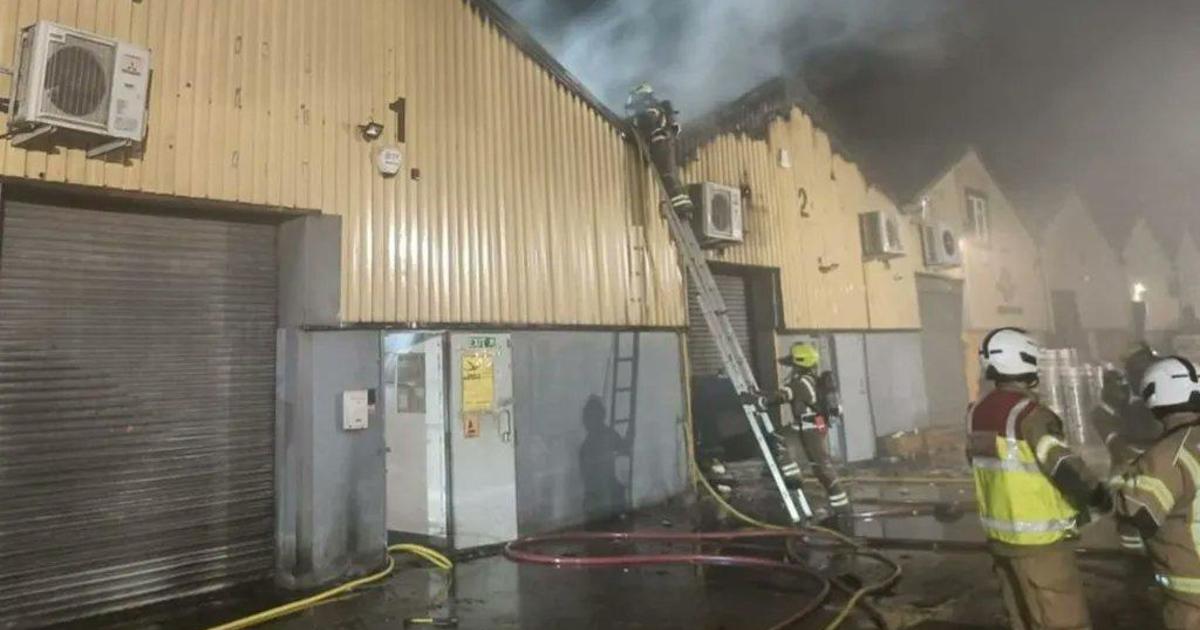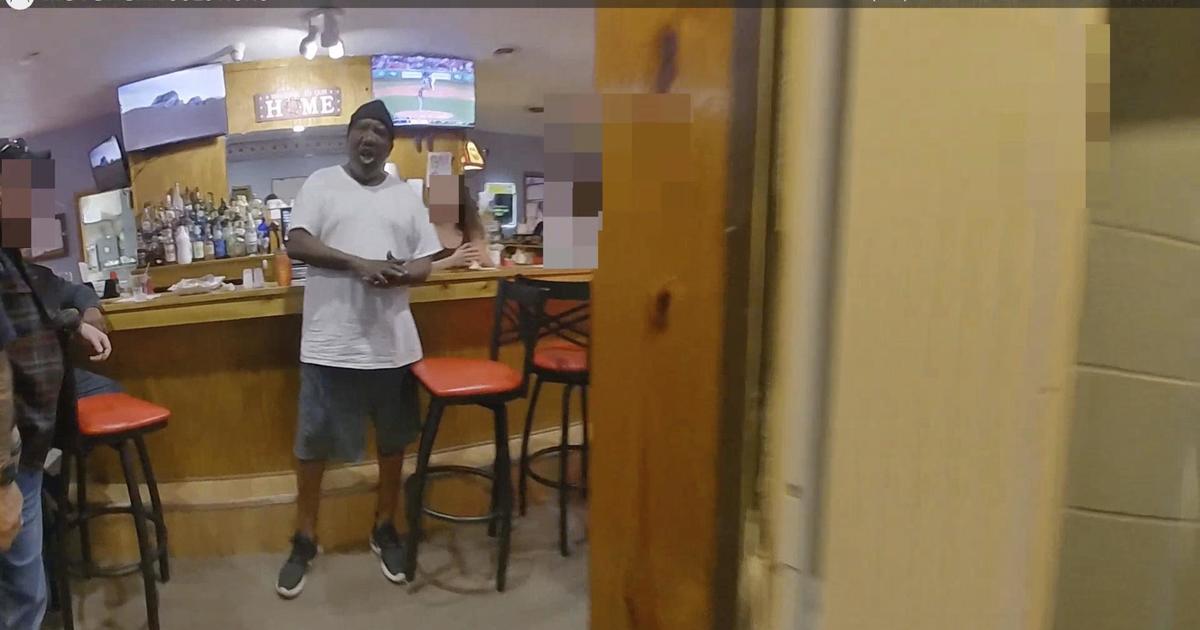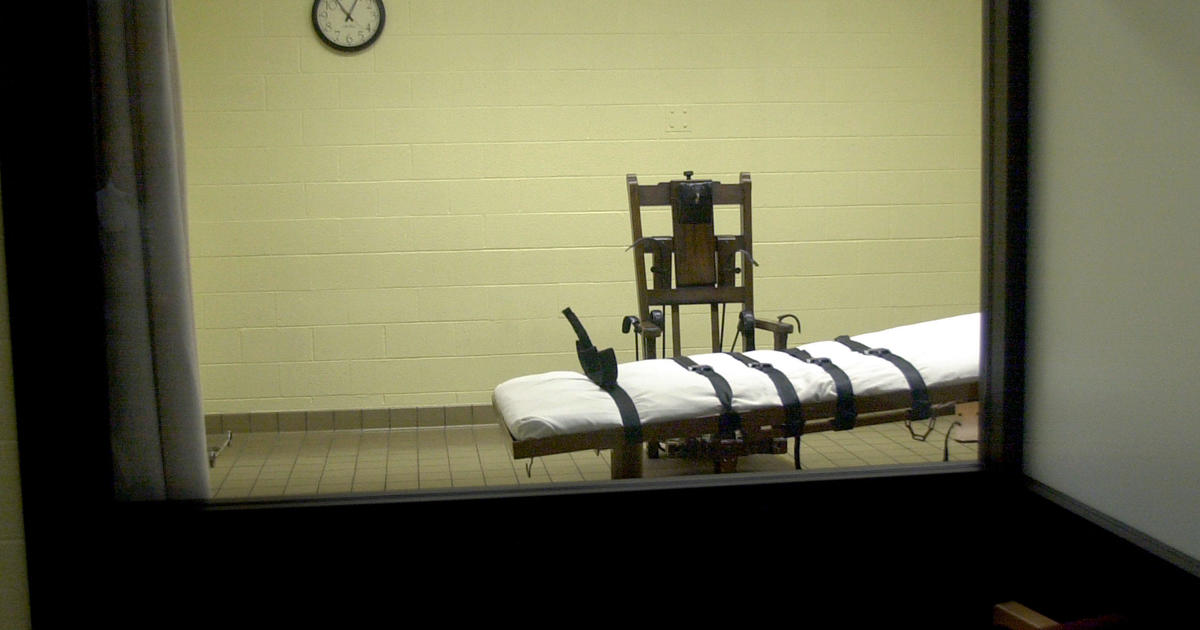San Diego man is first in U.S. to be charged with smuggling greenhouse gases
A man has been arrested and charged in San Diego for smuggling greenhouse gases into the United States, marking the first prosecution of its kind in the country, the U.S. Attorney's Office in Southern California announced on Monday.
Michael Hart, a 58-year-old San Diego resident, is accused of bringing hydrofluorocarbons — chemical compounds commonly used for refrigeration and air conditioning — from Mexico to the U.S. and selling them for profit, which violates regulations set in 2020 to slow climate change under the American Innovation and Manufacturing Act. The AIM Act gives the Environmental Protection Agency the authority to reduce production and consumption nationwide of hydrofluorocarbons, or HFCs, since they have been identified as one of the most potent greenhouse gases emitted into the atmosphere and contributing to rising temperatures.
At this point, smuggling HFCs into the U.S. is illegal, and officials are working to phase down new manufacturing of the compounds within the country. More restrictions on the use of certain HFCs will take effect next year, according to the EPA.
Hart faces 13 separate charges, including conspiracy, importation contrary to law, multiple counts of selling imported merchandise contrary to law and criminal forfeiture. He could face decades in prison if convicted on any one of the charges related to illegal importation.
"It is illegal to import certain refrigerants into the United States because of their documented and significantly greater contribution to climate change," said Assistant Attorney General Todd Kim, of the Justice Department's Environment and Natural Resources Division, in a statement issued after Hart's arrest. "We are committed to enforcing the AIM Act and other laws that seek to prevent environmental harm."
U.S. Attorney Tara McGrath, who represents California's southern district, called the indictment "a significant milestone for our country" in a separate statement.
"This is the first time the Department of Justice is prosecuting someone for illegally importing greenhouse gases, and it will not be the last," McGrath said. "We are using every means possible to protect our planet from the harm caused by toxic pollutants, including bringing criminal charges."
The indictment against Hart alleges that he bought refrigerants in Mexico and smuggled them over the U.S. border in his car, hidden under a tarp and tools, McGrath's office said in their announcement. He then allegedly advertised the refrigerants for sale on Facebook Marketplace, the app OfferUp and other sites, and sold them for a profit. With those greenhouse gases, the indictment also alleges that Hart imported HCFC-22, which is another compound typically used in air conditioning that has been identified as an ozone-depleting substance and is now regulated under the Clean Air Act.
Officials have noted that illegally importing these substances not only violates national protocols but international treaties as well, like the 1987 Montreal Protocol stipulating the gradual phase-down of substances that threaten the ozone layer, which was adopted by numerous countries including the U.S.
Hart appeared for the first time in federal court on Monday and pleaded not guilty to the charges brought against him, according to McGrath's office. He will appear again for a pre-trial hearing on March 25 before U.S. District Judge Jeffrey Miller.




